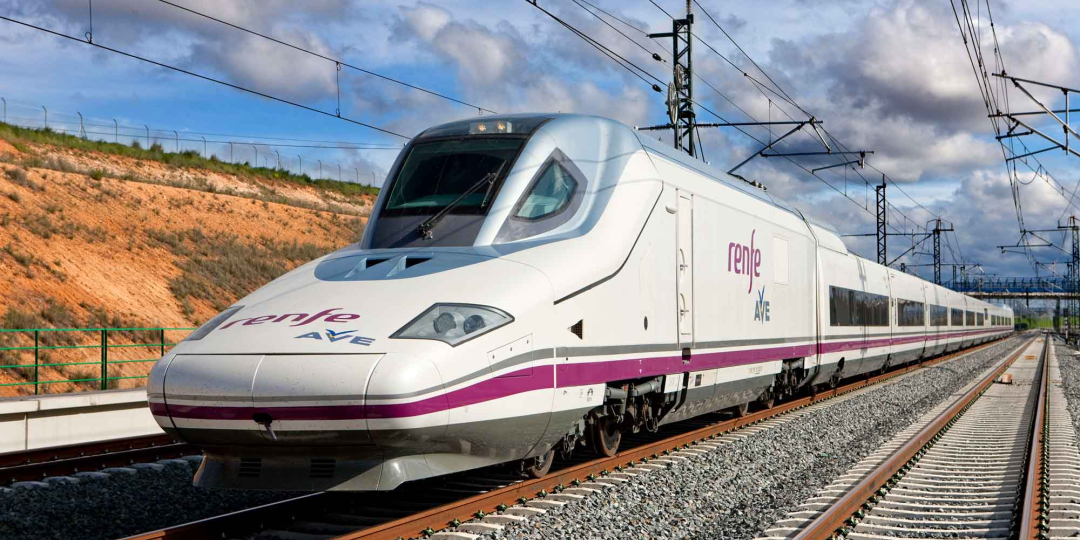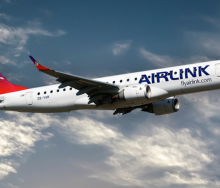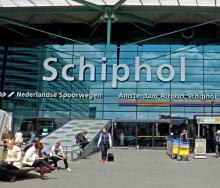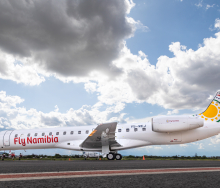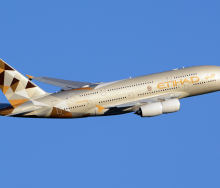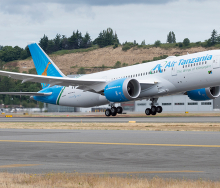In an effort to address rising fuel costs and inflation, the Spanish government is allowing free travel on suburban and middle-distance trains until December 31, 2023.
In what is an emerging trend, European governments are promoting rail travel as a way of assisting local commuters to cope with inflation while addressing rising fuel costs and mitigating carbon emissions caused by road traffic.
Germany recently returned its rail fares to normal after a three-month experiment with tickets costing €9 (R156) per month for unlimited travel on regional and city public transport.
Spain’s scheme is designed to benefit locals as well as travellers and tourists, but it is origin and destination specific.
Originally slated to end on December 31, 2022, Spain’s Minister of Finance María Jesús Montero has now pledged €700m (R12,3bn) to extend the scheme until the end of next year, according to EuroNews.
Passengers can obtain a Spanish rail pass via the app of the rail authority, Renfe, or at railway stations. They must nominate a destination and pay a deposit of €10 (R173) for suburban trips and €20 (R346) for middle-distance journeys, after which a QR code on the application will serve as a ticket.
The deposit will be refunded at the end of the year if the ticket holder has travelled at least 16 times to the specified destination or any destination in the same zone as the specified station. In the case of Madrid or Barcelona, for example, it means free travel within a 50km radius of the city.
According to The Guardian, visitors to Spain can sign up using their passport number. Despite the complexity of the system, if a visitor uses one city as a base and takes trains into the surrounding area, they will benefit. The €10 is well worth the investment if one considers that a return ticket between Madrid and Aranjuez is €12,50 (R217) as against the whole season ticket cost of €10.
Meanwhile, fares on the Barcelona Metro have been slashed by 50%, until December 31, 2022.
